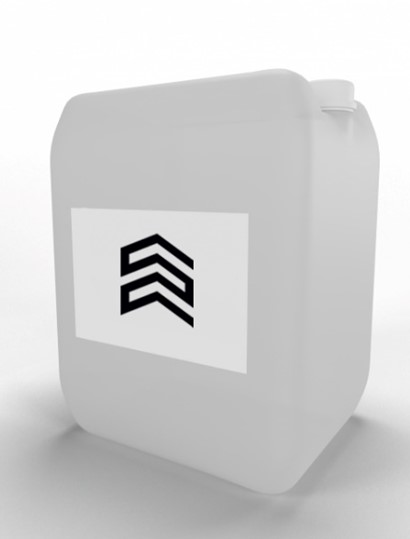The Central Bank saw sanctions risks for the Russian currency accounting center

There are risks of imposing sanctions on the National Clearing Center (NCC, part of the Moscow Exchange Group), whose accounts account for the currency used by Russian residents. This was announced to journalists on the sidelines of the SPIEF by Vladimir Chistyukhin, First Deputy Chairman of the Central Bank.
In connection with the threat of sanctions, Chistyukhin sees the need to accelerate the devaluation of the clearing center. “Indeed, we believe that the most appropriate solution in order to cope with these risks is to reduce the currency position of the participants in the NCC,” said the First Deputy Chairman of the Central Bank.
Earlier, the EU imposed sanctions on the National Settlement Depository (NSD, also part of the Moscow Exchange), which records and stores securities, and also participates in transactions for making payments on them. The imposed restrictions finally severed the connection between NSD and the European clearing organizations Euroclear and Clearstream, which have suspended work with the Russian depository since the beginning of March. The break in the chain means that RUSSIA lost the opportunity to make payments on Eurobonds of the Ministry of Finance in rubles to foreign holders, and Russian investors were left without payments on issues of securities placed on foreign exchanges. The NSD itself, after being included in the sanctions list, recognized the situation as an emergency.
What sanctions against NSD mean for payments on public debt and foreign shares Finance
The introduction of sanctions against NSD came as a surprise to market participants. The NCC actually performs the same functions as NSD, but for currency, not securities. The investment DIRECTOR of Loko-Invest, Dmitry Polevoy, wrote about the increase in the risks of blocking NCC accounts in the review. He expected devaluation processes to accelerate, and an increase in the supply of foreign currency, in his opinion, could further strengthen the ruble.
Doubts about the security of storing currency at the NCC in the context of sanctions risks on the sidelines of the SPIEF were expressed by the co-owner and first deputy chairman of Sovcombank Sergey Khotimsky. “Now a new question arises when banks ask: is NCC absolutely safe or not, tell us?” he noted. If banks have even the slightest doubt about the safety of storing currency in the NCC, they will by all means seek to devalue their accounts, Khotimsky emphasized: did not have. And what will follow? This will be followed by a giant cash withdrawal,” Khotimsky reasoned. In his opinion, banks have transferred their risks due to this situation to customers by introducing commissions on foreign currency accounts.
Help after sanctions and extra currency. What the bankers discussed at the Finance forum Pro I sleep a lot, but I still feel overwhelmed. What's Wrong Pro x The Economist Articles You're Wasting Money:






























































